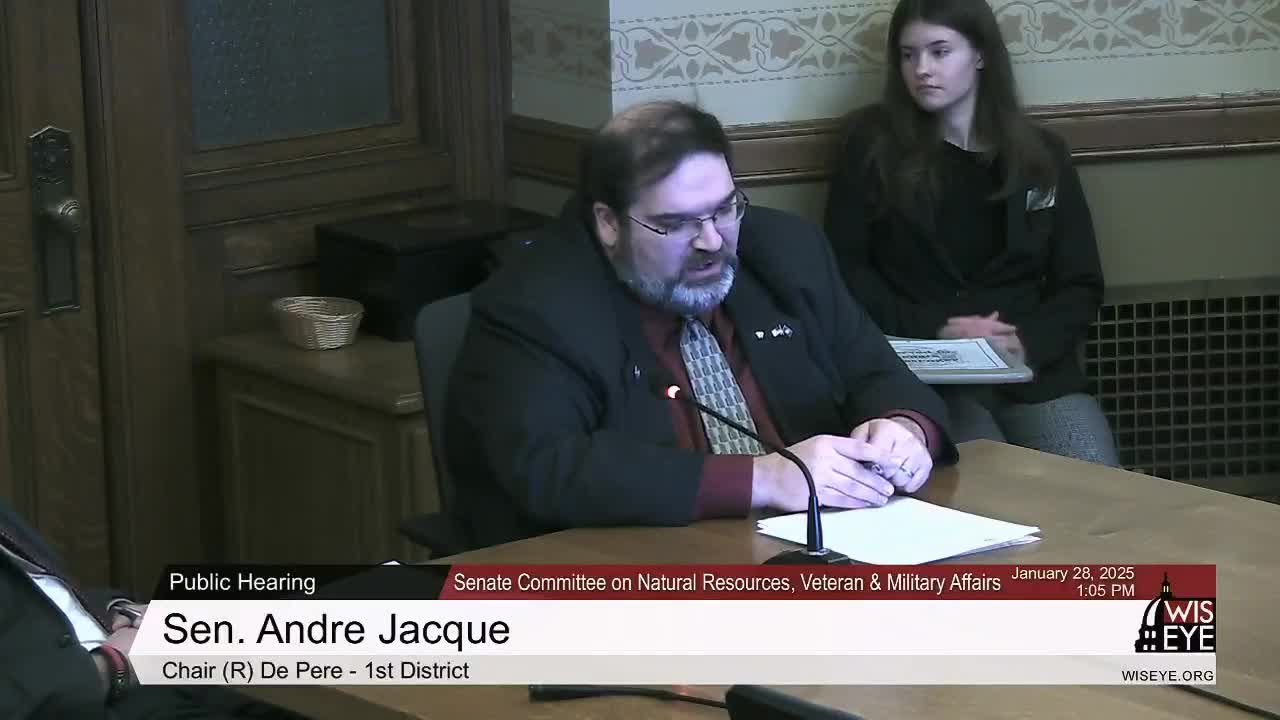
This article was created by AI using a video recording of the meeting. It summarizes the key points discussed, but for full details and context, please refer to the video of the full meeting. Link to Full Meeting
Currently, Wisconsin is home to the third-largest Hmong population in the United States, with an estimated 1,000 Hmong veterans residing in the state. These individuals have been largely ineligible for state veteran benefits, except for a recent provision allowing them to have a veteran identifier on their driver's licenses. Senate Bill 2 would amend state statutes to include these veterans, aligning Wisconsin's definition of veteran with the Hmong Veterans Naturalization Act of 2000, which recognizes their service under specific conditions.
The bill has garnered strong bipartisan support, having previously passed the Assembly Veterans and Military Affairs Committee unanimously. Proponents, including senators and various veterans organizations, emphasize that this legislation is not just about financial benefits but also about restoring dignity and respect to those who served alongside American forces. The emotional weight of this recognition is underscored by personal testimonies from veterans and their families, highlighting the sacrifices made by Hmong fighters during the Vietnam War.
During the meeting, committee members expressed urgency in passing the bill, noting that many Vietnam veterans are aging and passing away. The delay in recognizing Hmong veterans has been attributed to their smaller numbers and a lack of legislative urgency at the federal level. However, advocates stress that this recognition is crucial for honoring the contributions of Hmong veterans and ensuring their legacy is not forgotten.
The discussions also touched on the broader implications of the bill, with supporters arguing that it represents a moral obligation to acknowledge the bravery of Hmong veterans who risked their lives for American values. The legislation is seen as a step toward correcting historical oversights and providing long-overdue recognition for these unsung heroes.
As the committee moves forward, the anticipation is that Senate Bill 2 will not only pass but also pave the way for further discussions on veteran recognition and benefits in Wisconsin, ensuring that all who served are honored appropriately.
Converted from Senate Committee on Natural Resources, Veteran and Military Affairs January 28, 2025 meeting on January 28, 2025
Link to Full Meeting
Comments
View full meeting
This article is based on a recent meeting—watch the full video and explore the complete transcript for deeper insights into the discussion.
View full meeting